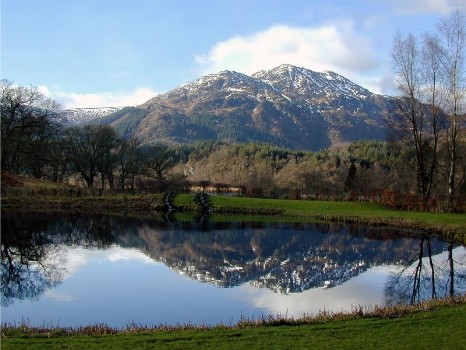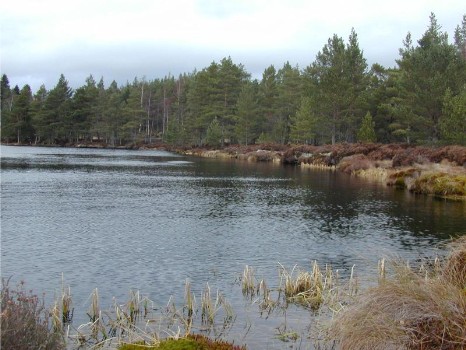

I consulted various reference books to try to determine the source and meaning for the surname Wighton as linked to the Norfolk village of the same name. I found three valuable sources.
In a pamphlet that I found in the All Saints Church in Wighton, Norfolk, Brian Fortune wrote that Wictun was the source word for the village. He also suggested that the meaning of the word was a homestead or farm near a village. In his Dictionary of English Place Names, Mills (1998) also used a similar expression (dwelling place, farmstead with a dwelling) to define Wighton's originating name, although he did not actually provide the Old English word from which that definition was derived.
The most detailed, and probably most authoritative source however was Watts (2004), editor of the Cambridge Dictionary of English Place Names. Watts suggested that the first syllable of the village's name came from the Old English word wic which, when used with place names, could mean buildings for a special purpose especially dairy farming but also for other types of farming. The word tun can mean farmstead, village, fenced area, settlement, or enclosure. In time, it came to mean town and is one of the most common Anglo Saxon place name words. According to Watts, Wictun would therefore mean dwelling place, or farm with a dwelling place.
Brian Fortune offers the following description of how the Village of Wighton might have originated. Wighton was probably started in the 9th century, when the son of a local theyn (noble) managed to get permission to make a clearing where he could build a longhouse and outhouse, later surrounding the whole with a stockade, thus converting the farm into a tun. Eventually the timber homestead would have been replaced by a stone building and the addition of wooden sheds and barns - but still surrounded by the stockade. Adjoining this would have developed the village.
I was interested in how this Anglo-Saxon word wictun would have been pronounced and so extended my genealogical research into the field of phonology. As you might expect, there can be no definitive pronunciation guide to a language that disappeared a long time ago. However, phonologists studying the language assert that they do know quite a bit about how the language was pronounced. My starting point was the entry in the Cambridge Dictionary of English Placenames that provided a phonetic spelling of wictun. Then, I found a number of books and web sites that gave me a reasonably clear understanding of how the Anglo-Saxon consonants and vowels would have been pronounced. I've summarized what I found in the table below.